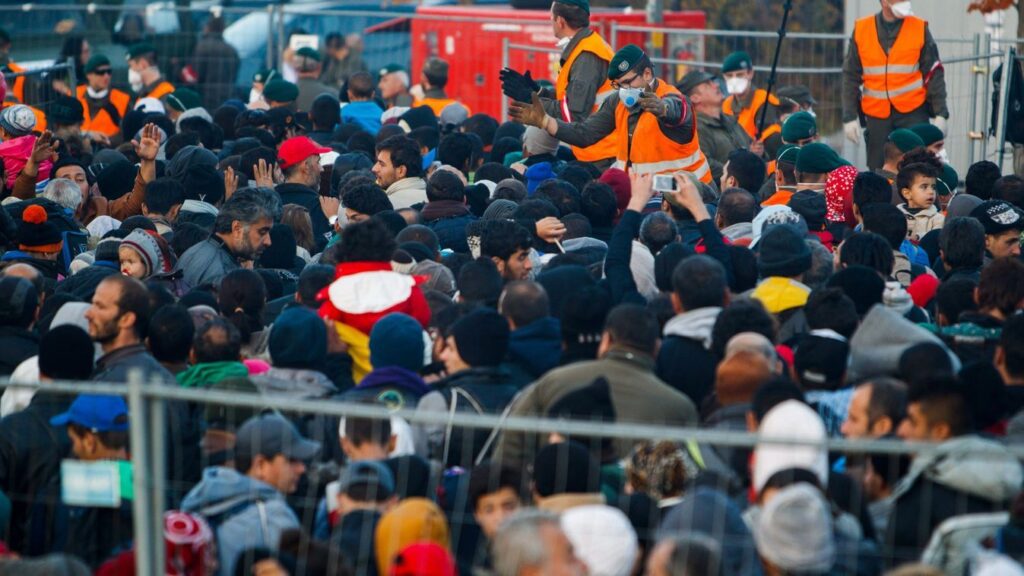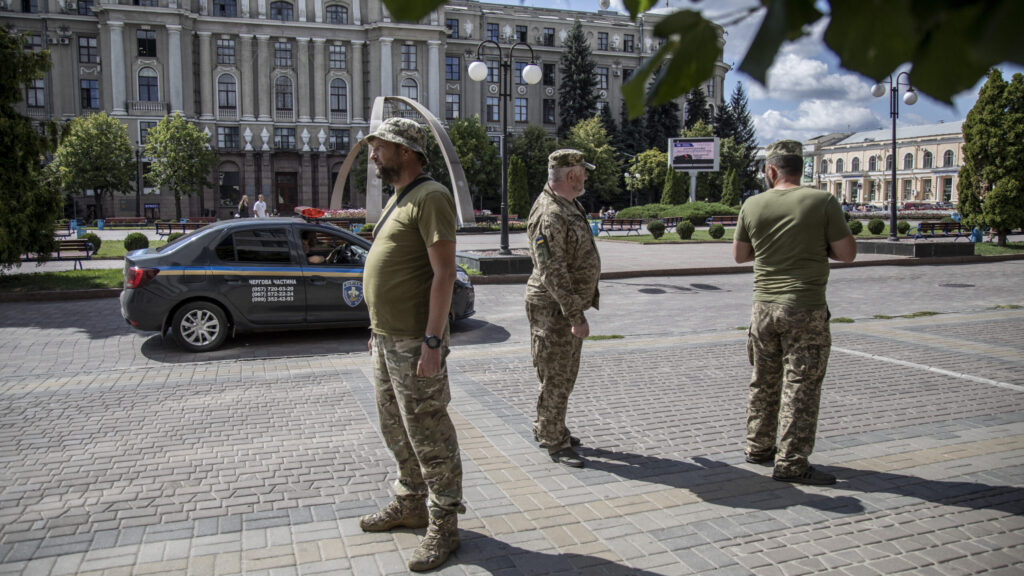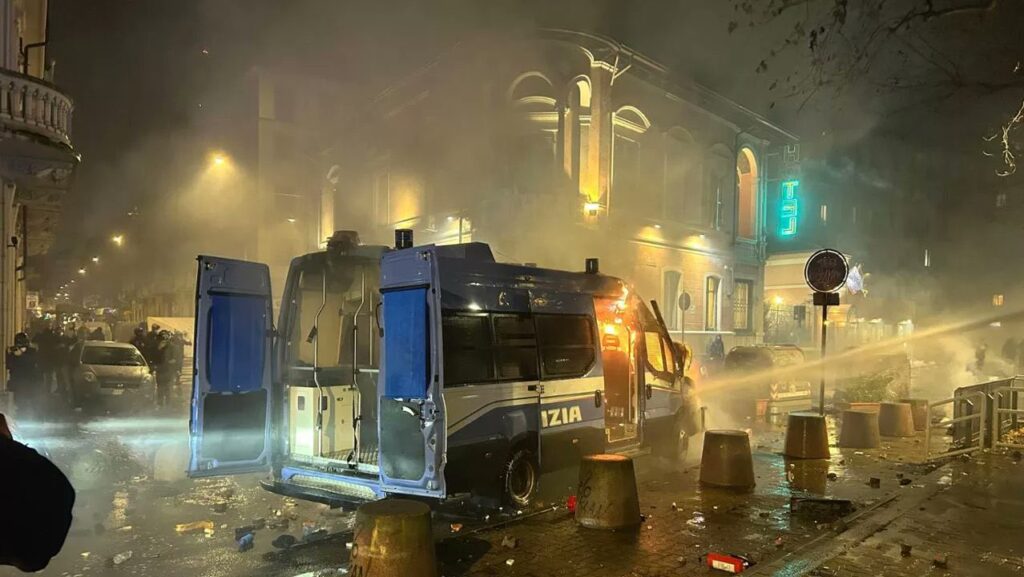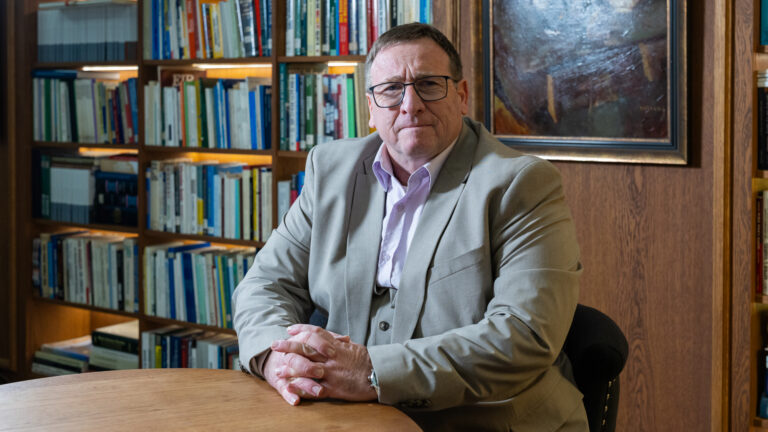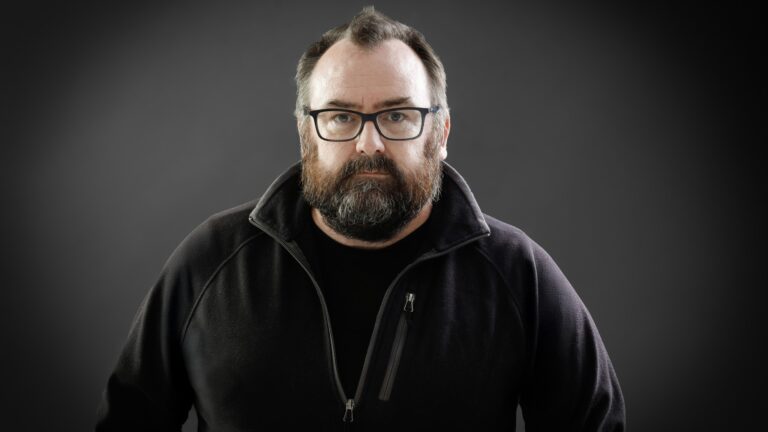Václav Klaus served as the Prime Minister of the Czech Republic between 1993 and 1998, then as President of the Czech Republic between 2003 and 2013. He earned a degree in Economics of Foreign Trade from the University of Economics, Prague in 1963. President Klaus was one of the distinguished speakers at the 5th Danube Institute Geopolitical Summit, where he was gracious enough to give an exclusive interview to our site.
***
We are here at the Danube Institute for the Geopolitical Summit, where you took part in a panel about the end of globalization, the trade and economic relations under what is usually described as a post-liberal world order. When we talk about the new world order, we usually do so in a geopolitical and military sense. How is it different in the economic sense?
Well, thank you very much for the opportunity for the interview here. First, the title of our talk at Danube is ‘What Comes After Globalization?’ I am sorry, but I have to disagree with this title. First, I have had permanent troubles with the term ‘globalization’. Globalization is, for me, not a well-defined term. I always say, I don’t have it in the textbooks. It’s a journalistic term. So I would prefer talking about the differing levels of internationalization of the world economy, which is a legitimate topic. To say that there was an era of globalization and there is a new era of post-globalization is, for me, nonsense.
We live in a different degree of openness and closeness of individual countries. So let’s put the debate from the sky to the earth, and let’s take it as a normal development, normal evolution of the system, not a radical, fundamental change. The change looks like a fundamental one just for the Americans. The term globalization is more or less an American term. We don’t need it for our discussions here. Also, I’m afraid that the term globalization is somewhat confused with the term globalism. For me, globalization is an irrelevant term, but globalism is my personal archenemy; it is something that I really don’t want.
Would you then grant that we live in a post-globalist world order, as opposed to a post-globalized world?
For me, the real change is that there is no hegemonic power as it used to be some 30 years ago with the United States. The United States has been losing its hegemonic position, and it doesn’t like it, of course. The result is what we are experiencing just now. So, we are definitely moving towards a multipolar world. And the Americans don’t want to be happy with that.
For you, as the Former President of the Czech Republic and a Czech person, would the state of your country be that much different had Kamala Harris won the 2024 presidential election in the US, or do you think it would be basically business as usual?
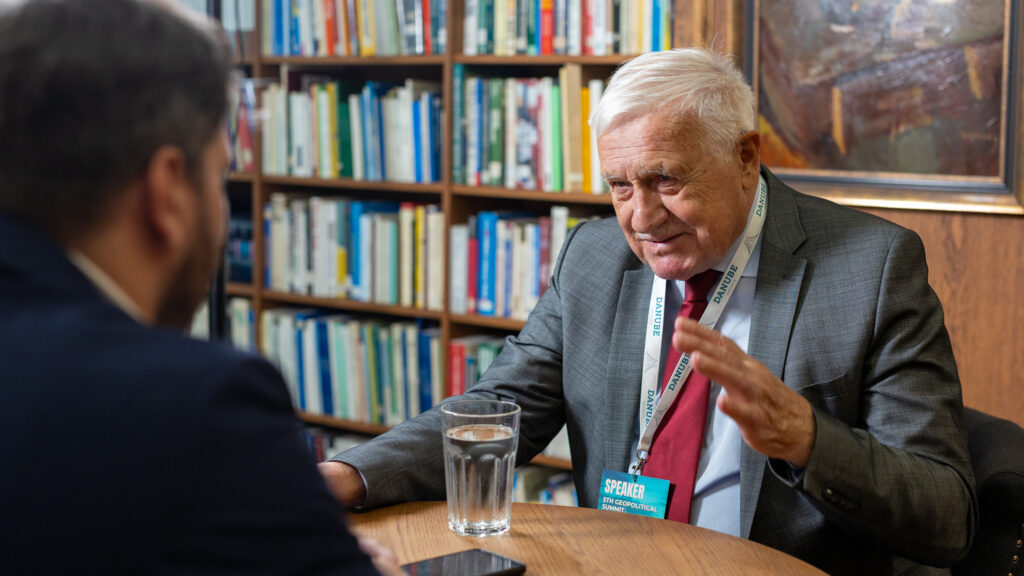
No, the election in the United States definitely has changed the world, and Trump has definitely shattered it. But I wouldn’t be only applauding. I think that Trump started something, and the rest must be done by us. In our own countries and in Europe, especially. In this respect, I am not very optimistic. I am afraid that the European Union is behaving as if nothing happened, and they try to minimize the interventions by Trump, and they want to go back to business as usual. Especially last week’s speech given by Ursula von der Leyen was, in my opinion, a disaster. It was not only a militaristic speech, but it was also a speech that essentially said: ‘We don’t pay attention to what is going on in the world.’ So I’m more frustrated with the European reaction to Trump than with Trump himself.
You were in office as President of the Czech Republic when the Czech Republic joined the European Union in 2004. Was that a more drastic change, joining the common market and all, than what we are experiencing now?
‘I’m more frustrated with the European reaction to Trump than with Trump himself’
No, no, really not. So, it was I who sent the letter as Prime Minister in 1996 and brought it to Brussels, asking to be accepted as a member. And it was also I who, as President of the country, signed the treaty. So I am responsible for that. Nevertheless, at that moment, we had really no chance as a post-communist country. We did not have the luxury of being Switzerland or Norway. Absolutely impossible. You know it in Hungary perfectly well.
I have always said, even at that moment when I was sending the application letter, and despite all my criticism of the European Union: ‘Can we afford to say that we don’t want to join the EU?’ Only two presidents of the two countries were totally opposed to the European arrangements at the time. It was Lukashenko in Belarus, and Milošević in the former Yugoslavia. So do you expect me to say that I have something in common with these two men? Impossible. It was difficult, really. We had no other choice, but I am very unhappy with what is going on in Europe.
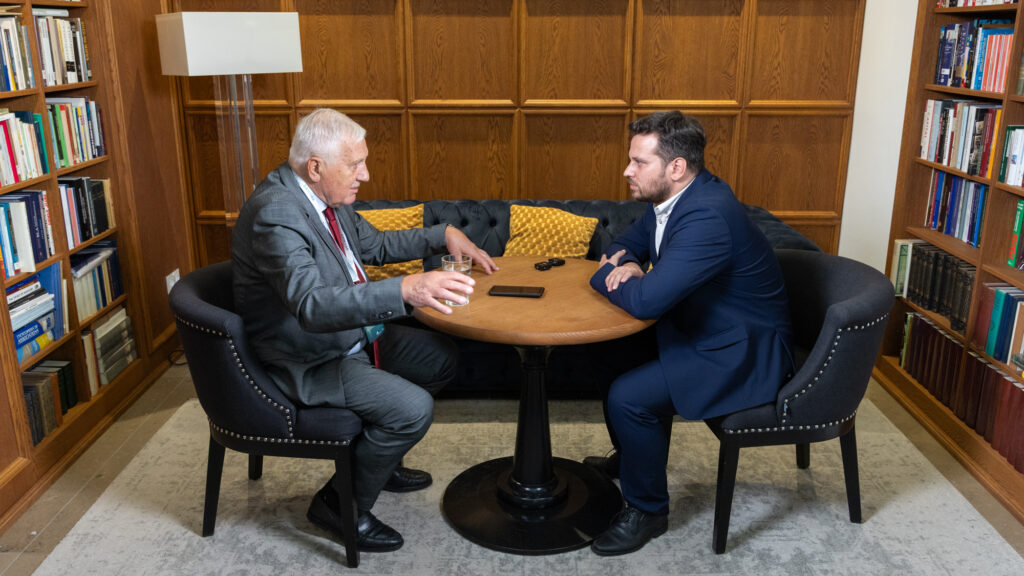
What about the V4 alliance? How do you see the state of the Visegrád alliance right now?
You know, it always depends on the results of the elections in the individual Visegrád 4 countries. So, there were moments when there was friendship, then there were moments when there was a dispute. I spoke five minutes after the announcement of the results of the last Czech election, which was four years ago, listening to the speeches of the newly elected people. I had a TV interview and said: ‘To my great regret, this will mean the end of the Visegrád 4.’ I was not wrong—to my great, great regret.
So, it depends on individual countries, and we have to find a common task and a common project. At the beginning, the first project of the Visegrád 4 was the Central European free trade area, doing some business together when we lost the markets to the East, and no one was interested in our markets in the West. Then the second great moment of the Visegrád group came in 2015, when Chancellor Angela Merkel of Germany said: ‘Wir schaffen das.’ That was the moment when we behaved as an entity, but, to my great regret, the V4 cooperation was lost after that. Our Czech political elites now almost hate both the Slovak and Hungarian political elites. So, this is a big problem.
Do you see a way back, if the election next month turns out differently in Czechia?
Sure, the only question is the timing, the time horizon. I always say I’m not very interested in what will be going on in the year 2136. I’m interested in a visible, meaningful, foreseeable future. We have just published a book in my institution about the elections, and one of the main points in that book is that we don’t expect a visible, fundamental change in the political structure. The names can change, but the substance of politics—probably not very much.
Related articles:


